
Australia Burns as We Find Evidence of the Cosmic Dawn : Talkin’ Science
We’re back with a brand new season of Talkin’ Science after a successful 2019.

We’re back with a brand new season of Talkin’ Science after a successful 2019.

And we come, as we inevitably must, to the final episode of our Talkin’ Trek series – and the, so far, final installments of the Star Trek movie catalogue.

They were produced during the golden age of Star Trek – four films featuring our heroic cast from The Next Generation. Today, as we continue Talkin’ Trek with Lee Sargent, we look back on these films.

As the year fast draws to a close, it’s time to turn our attention to the movies. Over the next three episodes (and days) we’ll be diving into all thirteen big screen adventures – starting today with The Original 6…

It’s time to wrap up the year for our awesome Tuesday show, Talkin’ Science with Dr. Brad Tucker.

Today on A Trekzone Conversation, because we’re more than Star Trek, we’re diving into the forthcoming return of Doctor Who.

We’re fast approaching Christmas 2019 here on planet Earth, but science and space news knows no holiday period, so Brad and Matt have another installment of Talkin’ Science for you today.

The Star Trek family got a little bit smaller this week with the passing of two people who played an influential role in Star Trek’s genesis.

If one of the suspected mini moons crashing to Earth, and a blood clot doesn’t form in your body… you might just make it to Mars to find a dust tower waiting for you to ruin your summer vacation to the red planet!

It’s hard to imagine a world without Star Trek, but fifty five years ago Gene Roddenberry’s vision of the future was only just taking shape thanks to the support of one Lucille Ball.

Europa’s the hot topic of the week, with news astronomers discovered Jupiter’s moon spewing massive amounts of water vapour.

We’re diving into exoplanets in our final November Science podcast.

Australia’s first astronaut spoke with Trekzone back in 2016 about his journey with NASA. Hear the start of that chat with host Matt Miller.

Brad’s got the details on a new star that’s been ejected from the black hole at the center of our galaxy, SpaceX’s Starlink project sending it’s latest batch into orbit and some remarkable finds about Martian weather…

Space Law is essentially a treaty agreed upon back when the race to the moon was a hot button issue. Since then it’s sat on a shelf and largely been

When the man who brought Lucius Malfoy, Gabriel Lorca and so many other characters to life heard we wanted to talk Trek for five minutes, he jumped at the chance.
61 days to go until The 2025 Trekzone Fan Film Awards are here, and we
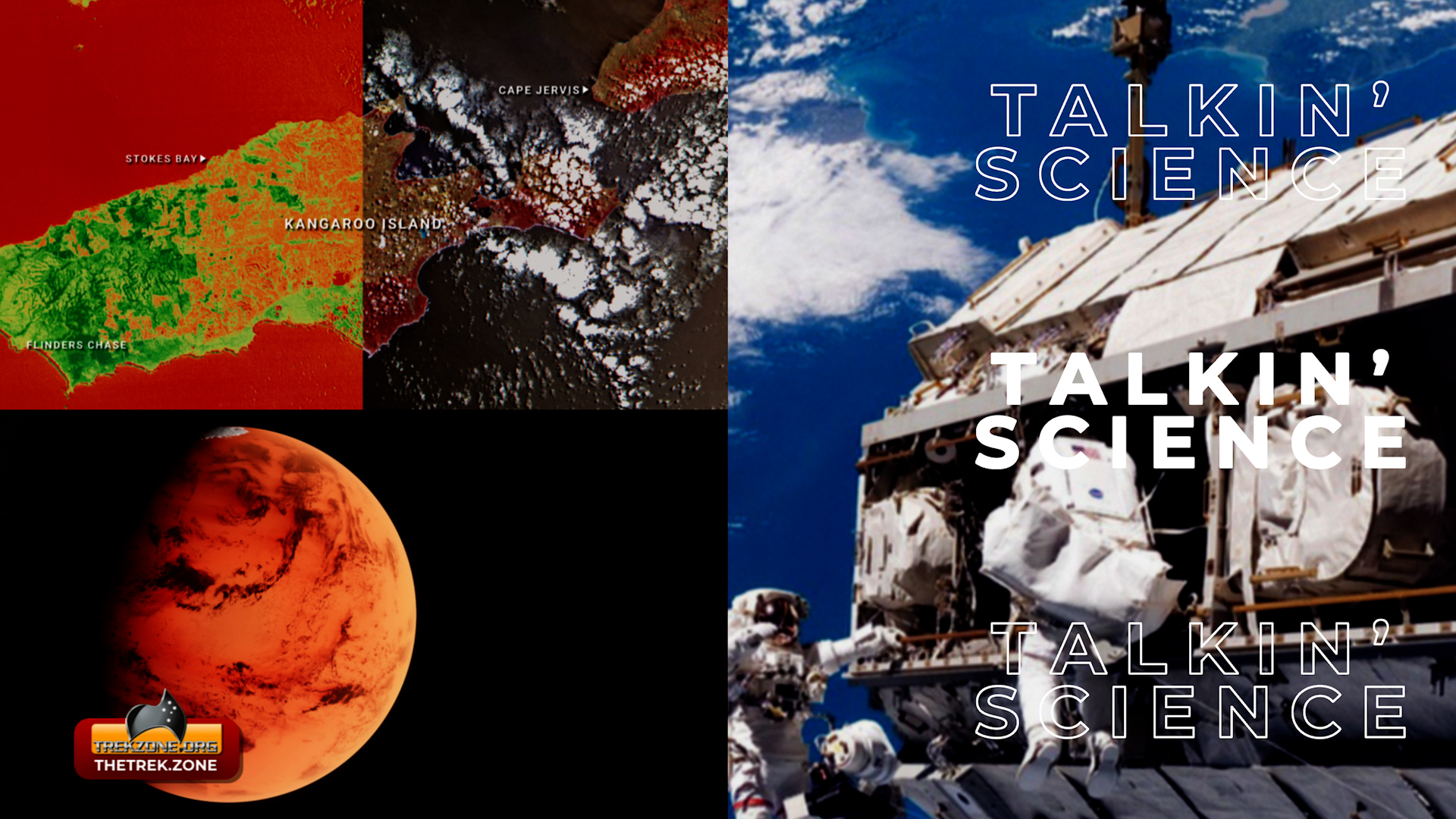
It’s the end of the third week of March 2025. Here’s the science and space
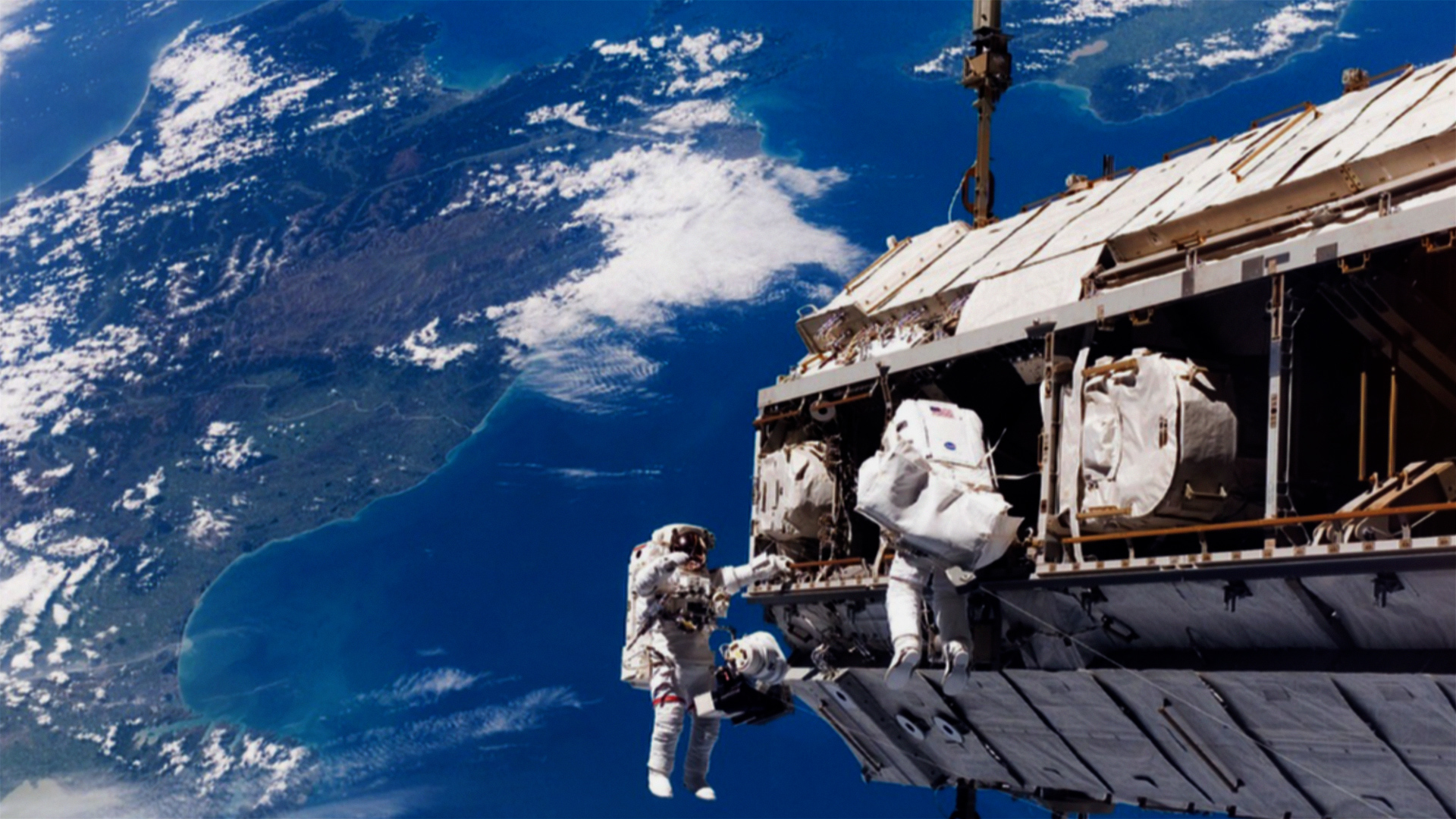
Astronauts often experience immune dysfunction, skin rashes, and other inflammatory conditions while travelling in space, and international researchers believe these issues are likely due to the overly sterile nature of the International Space Station.
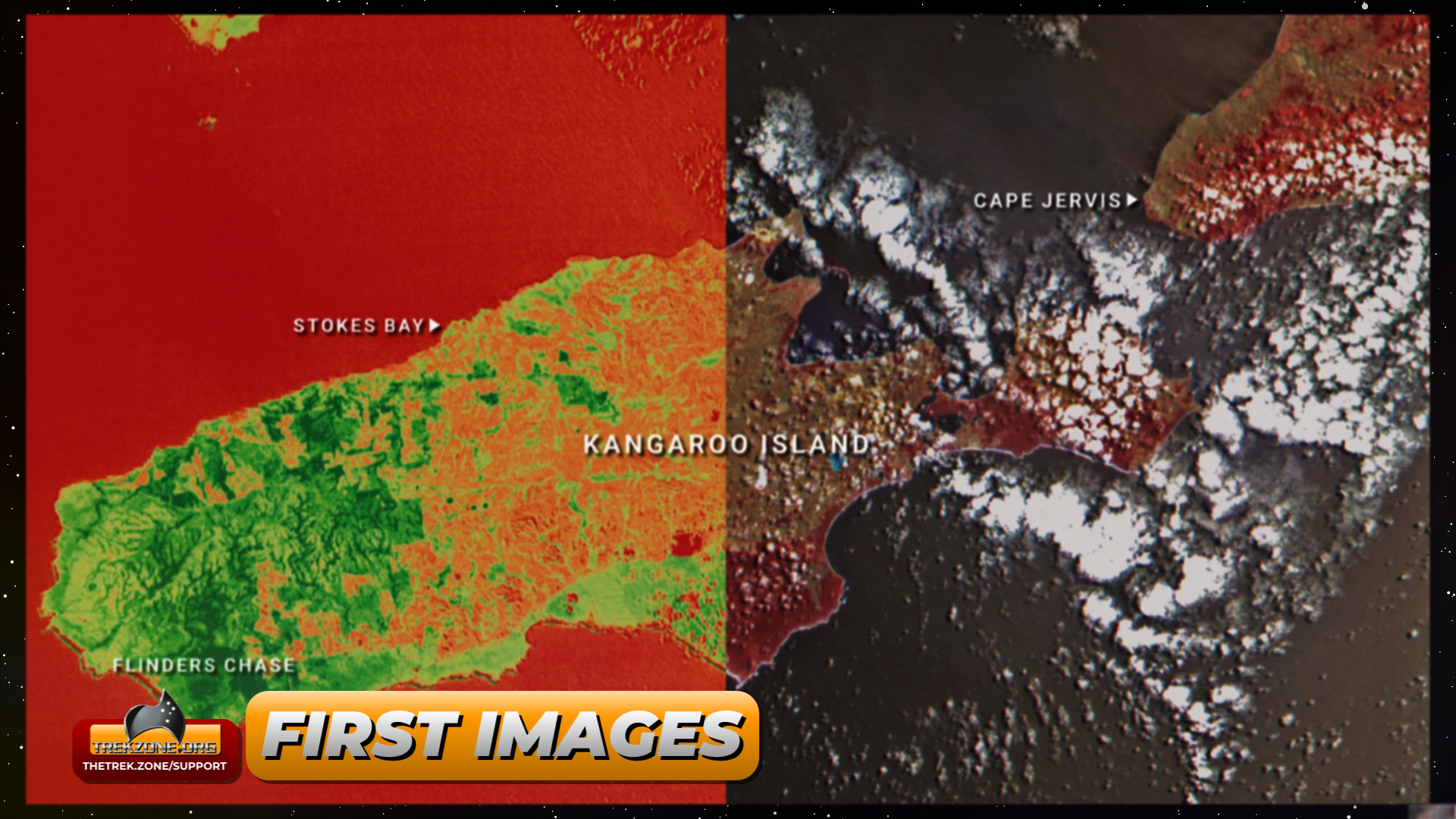
Australia’s first state government funded satellite, Kanyini, has delivered its first images from space, marking
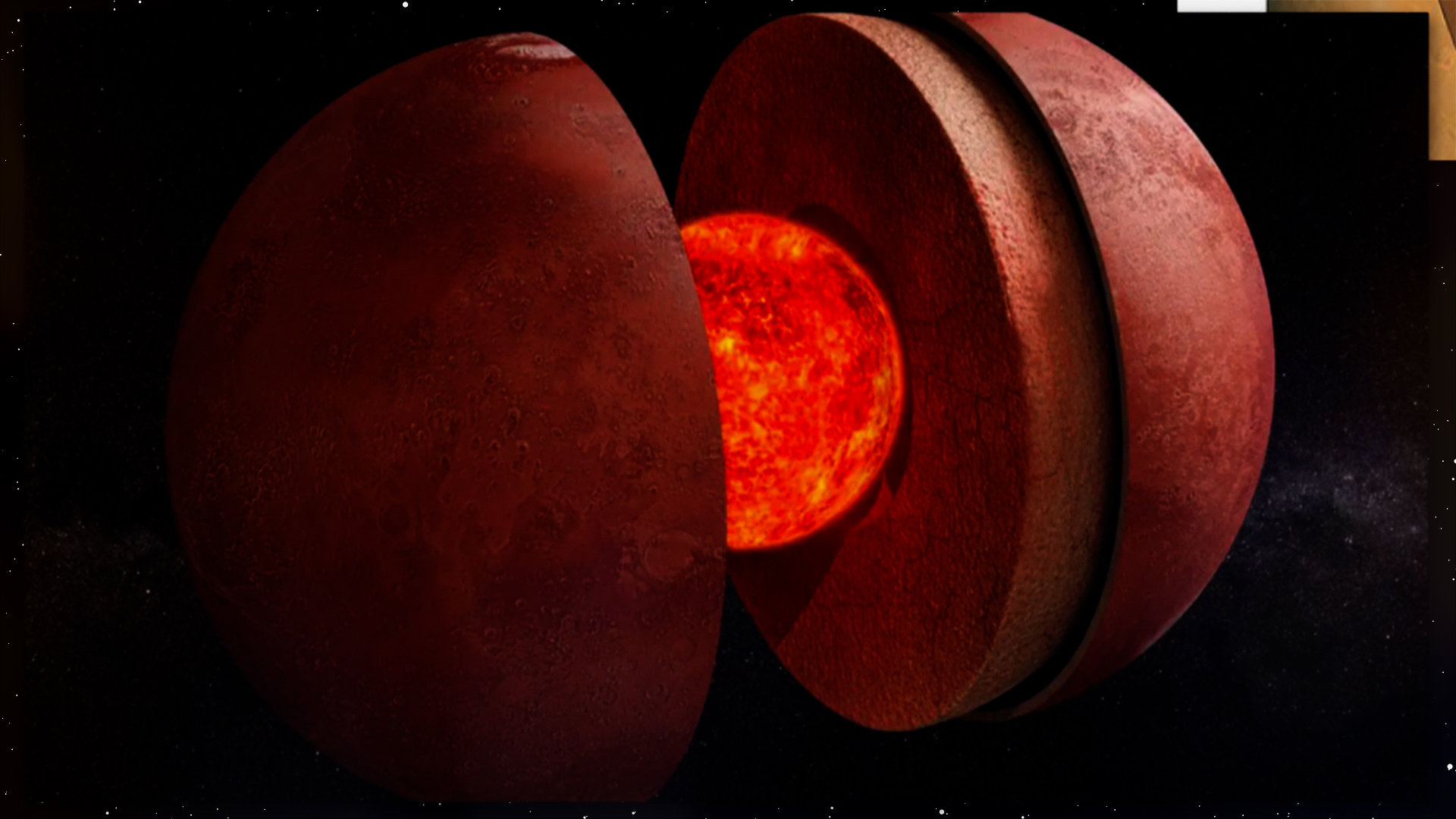
Data from NASA’s InSight mission suggest Mars has a liquid core similar to Earth’s, but European scientists say the core may be solid, at least below a certain temperature.
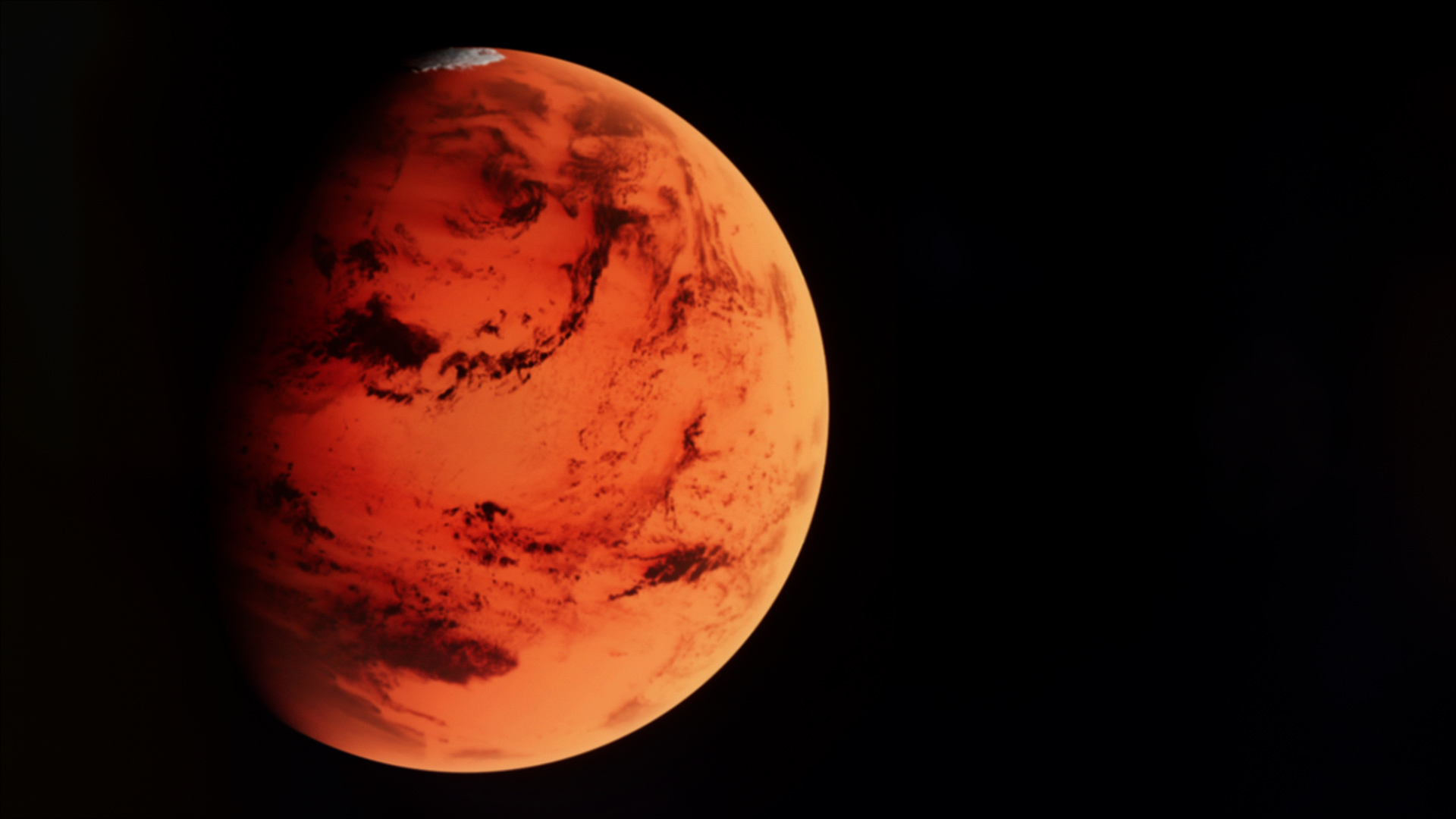
Scientists have successfully used lasers to identify microbe fossils in rocks from Earth, which are like the rocks found on Mars, opening up the possibility of searching for fossils on the Red Planet.

We’re bold, innovative and ambitious digital media creators,
consumers and producers.
We are Trekzone Media.
This is TREKZONE.org.
61 days to go until The 2025 Trekzone Fan Film Awards are here, and we have reached an important milestone plus more news and thoughts.

It’s the end of the third week of March 2025. Here’s the science and space headlines from the week that was… Kanyini phones home, shows

Astronauts often experience immune dysfunction, skin rashes, and other inflammatory conditions while travelling in space, and international researchers believe these issues are likely due to the overly sterile nature of the International Space Station.

Australia’s first state government funded satellite, Kanyini, has delivered its first images from space, marking a significant milestone for the space mission. Mission Director Peter

Data from NASA’s InSight mission suggest Mars has a liquid core similar to Earth’s, but European scientists say the core may be solid, at least below a certain temperature.

Scientists have successfully used lasers to identify microbe fossils in rocks from Earth, which are like the rocks found on Mars, opening up the possibility of searching for fossils on the Red Planet.
© Trekzone Media MMXXV. All Rights Reserved.
The views and opinions expressed by guests on our podcasts are their own and do not necessarily reflect those of Trekzone Media or its employees.